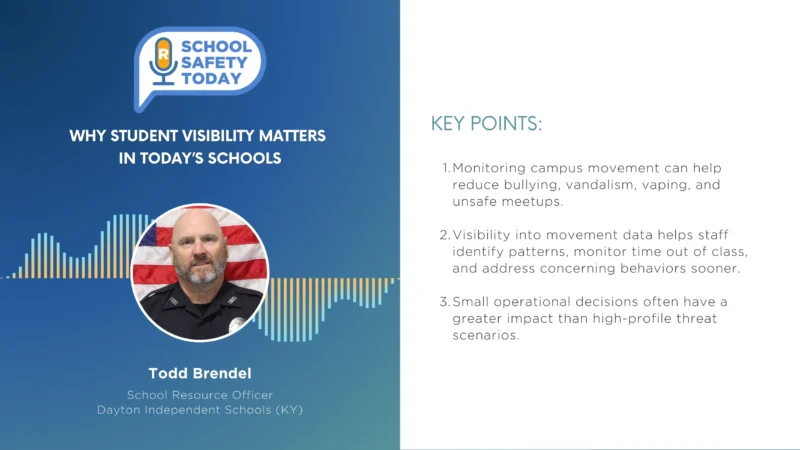Are Less Americans Interested in Continuing Education?
Strada Education Network, a social impact organization dedicated to improving lives by forging pathways between education and employment, has released a new analysis of its biweekly, nationally representative survey tracking the impact of the global pandemic on Americans’ lives, work, and education.
For aspiring adult learners — those ages 25 to 44 who are seriously considering or planning to enroll in an education or training program, but have yet to do so — the pandemic appears to have shifted views on the value of additional education. The majority (59 percent) of aspiring adult learners believe additional education will be worth the cost and 64 percent believe it will get them a good job, but that’s down substantially from 77 percent and 89 percent, respectively, in 2019.
Nevertheless, 42 percent of aspiring adult learners say that the pandemic has made them more likely to enroll in an education program, while only 21 percent say it has made them less likely. Interest has shifted significantly toward nondegree pathways with 68 percent of aspiring adult learners saying they would pursue that pathway, compared to 50 percent in 2019. And the majority of aspiring learners could use more information about education and career pathways, with less than 1 in 3 saying they have a very good understanding of the skills they should be focused on developing, the time and costs to complete a program, and the paths that best fit their strengths.
“Our education and training systems face a paradox: Compared to a year ago, aspiring adult learners are both more interested in enrolling and less confident that it will be worth the cost. Because education consumer perceptions of value are closely tied to work outcomes, this tension hinges on the unpredictable nature of the job market where even 60% of those who remain employed are worried they may lose their jobs,” said Dr. Dave Clayton, Senior Vice President at Strada’s Center for Consumer Insights. “A key to increasing aspiring adult learners’ confidence in the value of education is demonstrating clear and specific connections to employment opportunities.”
The importance of demonstrating the value of additional education is heightened by the fact that only 1 in 3 aspiring adult learners had a positive experience with education the last time they were enrolled in either high school or college. Meriting further exploration, additional trends point to the increased importance of immediate needs as twice as many people (33 percent in 2020 vs. 16% in 2019) indicate that the ability to pay bills is the primary benefit they are seeking from education or training. Additional key findings from this week include:
- Six out of 10 aspiring learners had been highly interested in pursuing education immediately after high school.
- Along with basic needs, aspiring adult learners place finding a job or career they love among their priorities. Almost half say they worry a lot about paying the rent (47 percent) or having enough to eat (46 percent), while roughly the same number (44 percent) say they worry a lot about finding a satisfying career.
To date, over 17,000 Americans have been surveyed for the Public Viewpoint. The Public Viewpoint is produced by Strada Education Network’s Center for Consumer Insights, a research team that studies the experiences and perceptions of American adults in order to inform the development of a more consumer-centered learning ecosystem. This week’s analysis integrates additional data from the Strada-Gallup Education Consumer Survey from spring 2020 as well as the Aspiring Adult Learners Survey conducted in fall 2019. Strada Center for Consumer Insights provides the nation’s largest education consumer database, which includes more than 350,000 completed surveys about the education and work experiences of American adults. View the full Public Viewpoint findings at: https://www.stradaeducation.org/publicviewpoint/.








